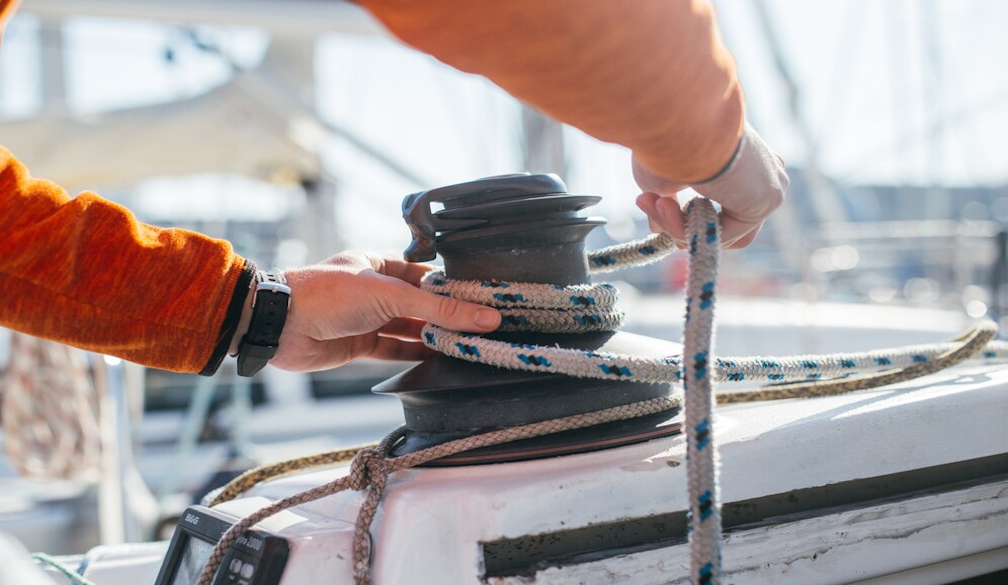
Fuel efficiency is a critical concern for any fishing operation, as it directly impacts the bottom line and environmental sustainability. With fluctuating fuel prices and growing environmental consciousness, finding ways to increase fuel efficiency on fishing boats is essential. This article explores various strategies and practices that can help fishing boat operators optimise their fuel consumption while maintaining productivity.
1. Regular Maintenance and Upkeep
Maintaining the engines and hull of a fishing boat is crucial for maximising fuel efficiency. Regular engine tune-ups, checking for and promptly repairing any leaks, and ensuring the hull is clean and free from marine growth can significantly reduce fuel consumption. Properly inflated tires on trailer boats also contribute to better fuel efficiency during transportation.
2. Efficient Navigation and Route Planning
Planning efficient routes and optimising navigation can save fuel and time. Utilising modern navigation tools and software that consider factors like currents, wind conditions, and fuel consumption rates can help captains chart the most fuel-efficient course. Avoiding unnecessary detours and reducing idle time can further enhance fuel efficiency.
3. Optimal Speed and RPM Management
Finding the optimal speed and engine RPM (revolutions per minute) for fuel efficiency is key. Running engines at moderate speeds and RPMs can conserve fuel compared to high-speed, high-RPM operation. Boat operators should experiment with different speeds and RPM settings to identify the most fuel-efficient cruising parameters for their vessel.
4. Load Management
Properly distributing the load on the boat is essential for fuel efficiency. Overloading a fishing boat can increase fuel consumption significantly, as the engines have to work harder to propel the extra weight. Operators should prioritise carrying only necessary gear and supplies, avoiding excess weight wherever possible.
5. Utilising Technology
Advancements in technology offer numerous opportunities to improve fuel efficiency on fishing boats. Installing fuel monitoring systems and onboard sensors can provide real-time data on fuel consumption, allowing operators to make informed decisions to optimise efficiency. Additionally, investing in fuel-efficient engines and propulsion systems, such as hybrid or electric alternatives, can offer long-term savings on fuel costs.
6. Weather Awareness and Adaptive Sailing
Being mindful of weather conditions and adapting sailing strategies accordingly can help conserve fuel. Taking advantage of favorable winds for propulsion or adjusting course to minimise resistance in rough seas can reduce the fuel needed to reach fishing grounds. Additionally, monitoring weather forecasts can help avoid unnecessary fuel consumption due to adverse conditions.
7. Training and Crew Awareness
Educating crew members about the importance of fuel efficiency and implementing best practices can have a significant impact. Training crew members to operate equipment efficiently, minimise waste, and adopt fuel-saving techniques can promote a culture of fuel consciousness onboard.
Haines Boats
Haines boats are renowned for their exceptional fuel coverage, making them a preferred choice for fishermen looking to maximise efficiency. With their sleek hull designs and efficient propulsion systems, Haines boats are engineered to achieve optimal fuel consumption rates without sacrificing performance. Their reputation for providing excellent fuel coverage stems from a combination of factors, including advanced engineering, meticulous craftsmanship, and a commitment to innovation. Whether navigating coastal waters or venturing further offshore, Haines boats consistently deliver superior fuel efficiency, allowing fishermen to operate economically while maintaining productivity on the water.
Conclusion
Increasing fuel efficiency on fishing boats is not only economically beneficial but also contributes to environmental sustainability. By implementing a combination of regular maintenance practices, efficient navigation and route planning, load management, technology utilisation, weather awareness, and crew training, fishing boat operators can significantly reduce their fuel consumption without compromising productivity. Embracing these strategies can lead to long-term cost savings and a reduced environmental footprint, ensuring a more sustainable future for commercial fishing operations.
